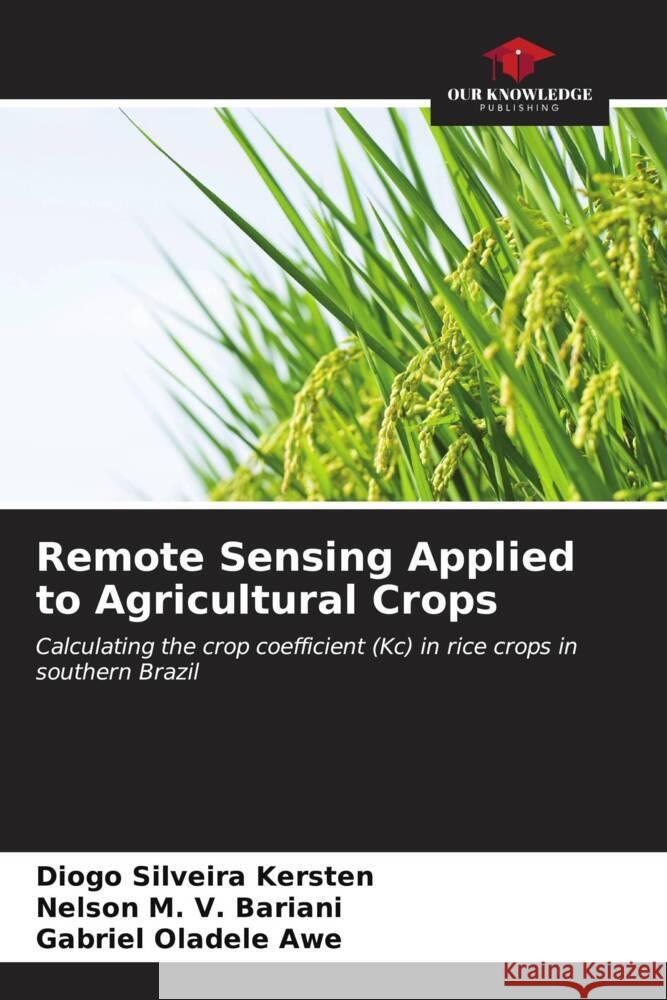Remote Sensing Applied to Agricultural Crops » książka
Remote Sensing Applied to Agricultural Crops
ISBN-13: 9786206623830 / Angielski / Miękka / 52 str.
The rational use of natural resources is increasingly arousing the interest of public and private managers with regard to agricultural and industrial activities, leading to an intensification of studies that incorporate environmental planning, assessing and diagnosing the state of environments in an attempt to minimise possible impacts caused by their exploitation. This work was carried out in the municipality of Itaqui - RS, Brazil, which has large areas of floodplains where flood-irrigated rice is grown. In the 2013/14 agricultural year, the municipality had one of the largest areas planted with rice, accounting for approximately 10% of production in the state of RS. Since rice crops are irrigated by surface flooding, they have a water use efficiency of approximately 40%, which justifies the importance of knowing the qualitative and quantitative aspects of water management for the development of the crop, as well as characterising the type of soil in which it is produced. Thus, based on methodologies that use remote sensors and geographic information systems (GIS), it is possible to estimate the starting point of the crop, as well as its development until harvest.











